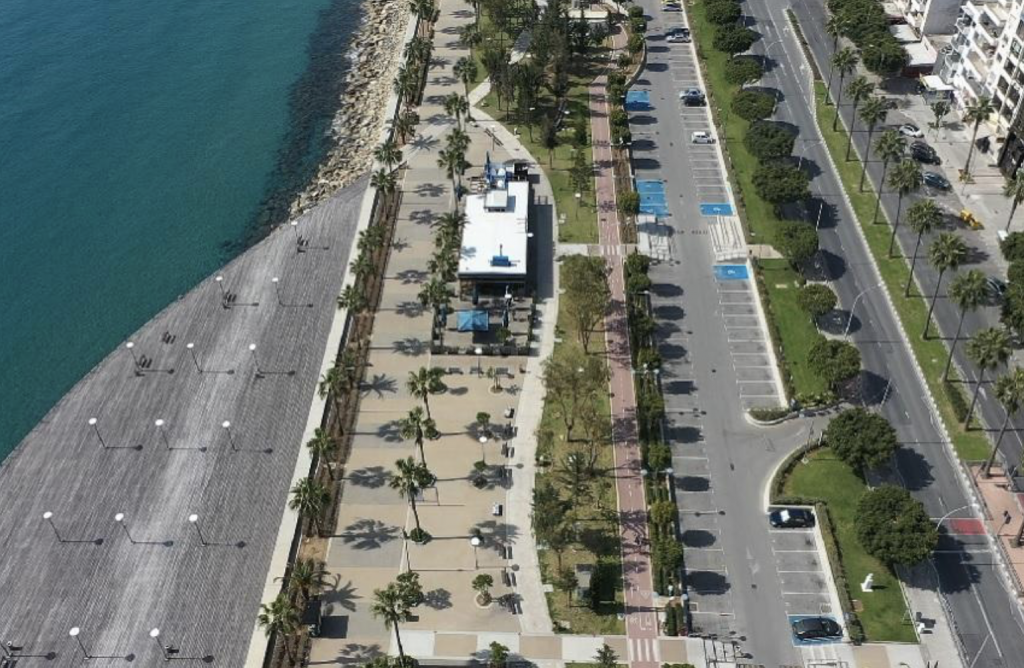The success of capitalism derives from its decentralised nature, as consumers themselves are free to make decisions independently.
In a free market environment, such as the current real estate market of Cyprus, the forces of supply and demand interact. In Limassol in particular, the big picture is clear: on the one hand you have a limited supply of available housing due to the stagnation of the construction industry from 2012 to 2015, on the other hand Limassol has attracted hundreds of foreigners employed by businesses in the city, as well as hundreds of university students enrolled at TEPAK, all seeking to rent homes, as the banks’ stringent requirements make it very difficult for potential buyers to obtain a mortgage. The result is a significantly higher demand for rental housing than in other towns.
Whenever demand is greater than supply, as is the case in Limassol today, prices rise. The consequences are twofold: a) higher prices make it more difficult for consumers to buy property – which reduces demand, and b) property developers are encouraged to boost their activity.
Let’s take a closer look at these two results:
Consumers are buying less
In the case of Limassol, the sudden increase in rents will ultimately lower the demand for rental housing, until a balance of supply and demand is achieved. Eventually the prices will stabilise, but they will not begin to drop until the second result, as below, materialises.
Developers are building more
Over the last 18 months, rents in Limassol have increased by 30-50 per cent (depending on the property’s location and which index you refer to). At the same time and during the same period, property purchase prices rose only by 3-4 per cent. This large discrepancy means that rental yields (based on purchase prices) have increased dramatically.
For example:
Property value in January 2017: €300,000
Annual rental in 2017: €12,000 (€1,000 per month)
Annual yield: 4%
Annual price increase of 4%: Property value in July 2018: €312,000
Annual rental in July 2018: €18,100 (€1,510 per month)
Annual yield: 5.8%
Especially at a time when interest rates around the world are very low, this sudden increase in rental yield has convinced many private and institutional investors that investments in buy-to-rent properties are certainly worthwhile. The increased interest from investors is in turn driving property developers to build more, while property prices are expected to increase. High rental yields are always the precursor to property price increases.
Once both a) and b) are concurrent, the following can be expected:
Due to high rents, the demand for rental housing will drop.
When demand for rental housing drops, rental yield also drops.
Investors will be prepared to buy properties at a higher price.
When purchase prices increase and rental yields drop, the interest in buying property decreases, and with it the demand.
When demand decreases, property developers build less.
The above scenario describes the current situation in Limassol – and across Cyprus in general – and what is to come over the next five years. It is a perfect example to demonstrate the cyclical nature of free markets, and in particular the property market, and how a growing market eventually reaches its internal limit.
This is where the otherwise beautiful free market reveals its flaws, and where limited government intervention is required. Such intervention should focus on creating affordable housing for those who cannot pay the high rents determined by the free market. At the same time, property development must be accelerated by means of targeted incentives, in order to increase the supply of rental properties, which in turn will bring prices down to lower levels once again.
Within this context, The Cyprus Land and Building Developers Association commends the government for its immediate response and the development of its Affordable Housing plan, and the House of Representatives for reviewing a proposal to amend the current Tenancy Laws and Rent Control. The latter will significantly reinforce property owners’ confidence in the market and encourage them to rent any vacant homes, as they will no longer avoid renting their property for fear of being held hostage by tenants who do not pay their rent but continue to occupy their property for five to ten years. The increased availability of homes for rent will eventually lead to lower rents.
Source: Cyprus Mail

